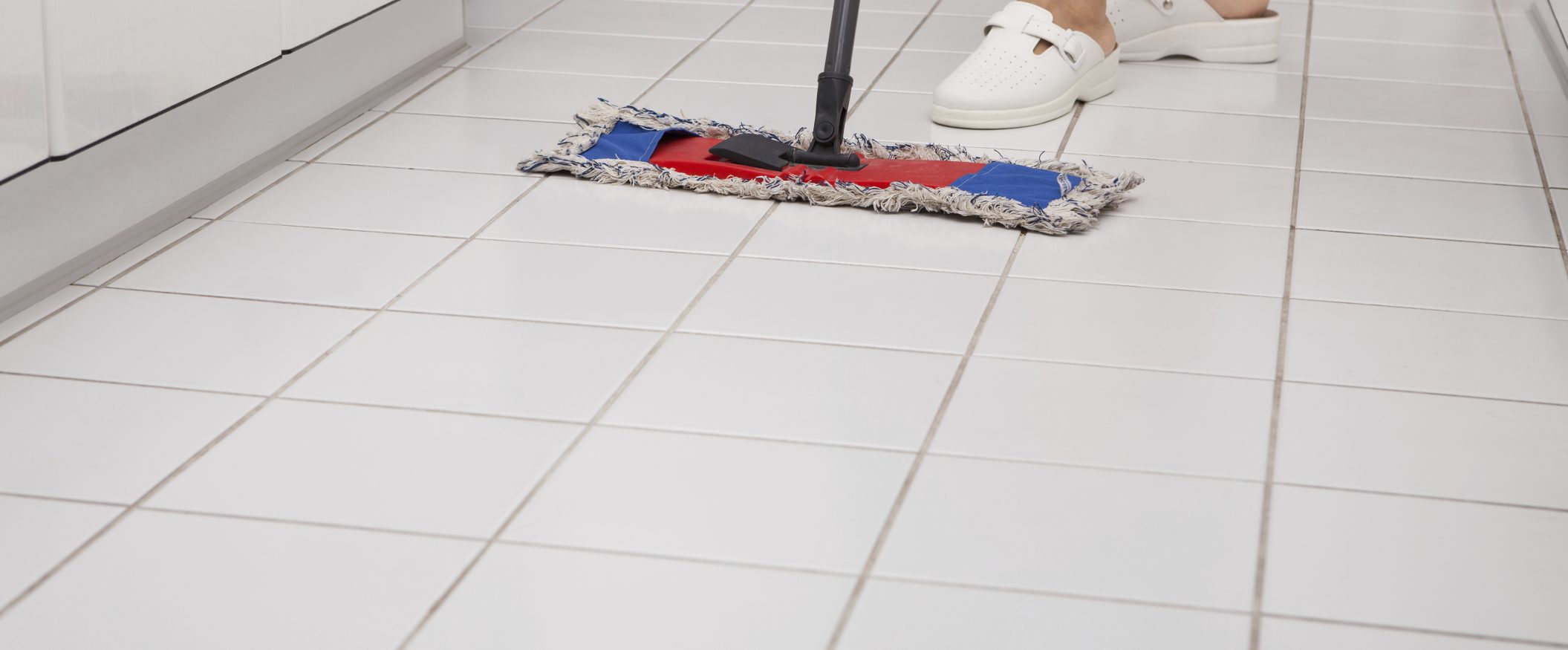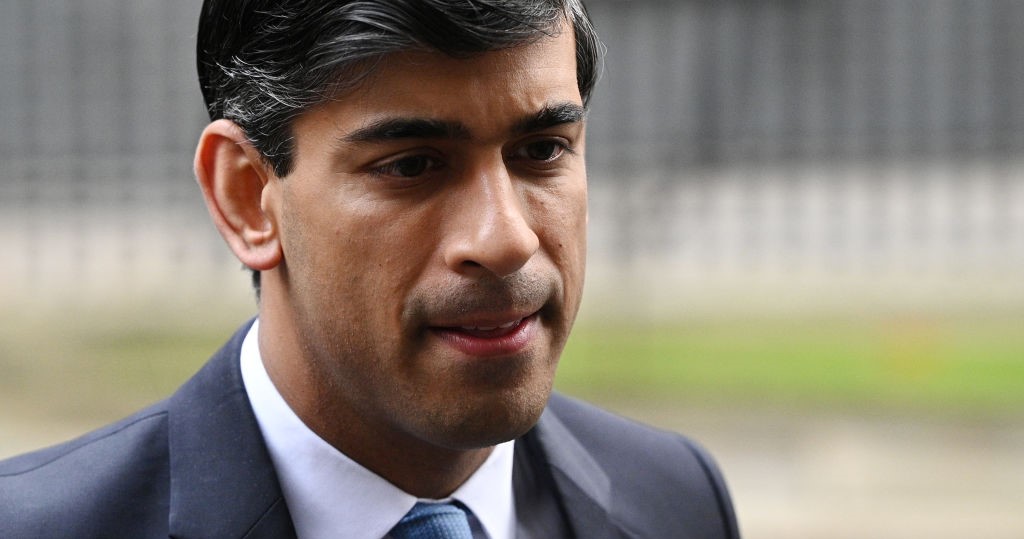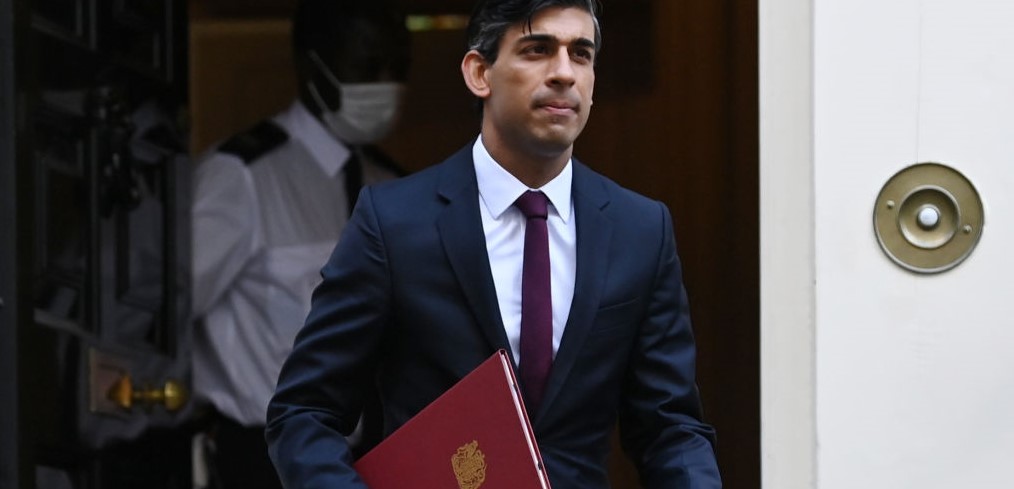Personal spending squeeze
Four in ten people have less than ÂŁ6.60 per day to spend on themselves after their bills have been paid, a survey by the Nationwide Building Society has found.
In the UK people have on average ÂŁ13.22 a day for personal spending, according to the survey.
However, the amount of money people have left over for discretionary spending once essential bills have been paid differs considerably from region to region.
In London people have an average of ÂŁ585 a month free to spend, compared to ÂŁ372 in Scotland, ÂŁ362 in north-west England, ÂŁ353 in Yorkshire and the Humber and ÂŁ268 in Wales.
Two-thirds of people have cut their spending to pay essential costs, the survey found.
Around a third of respondents (30 per cent) had skipped payments during the last year, with insurance, utility bills and rent most commonly missed.
Nationwide also conducted analysis of more than 700m customer transactions to accompany the survey of 2,000 people.
The analysis found that 26 per cent of customers regularly spend over their earnings, going into the red by ÂŁ101.84 a month on average, with a total overspend of ÂŁ1,222.08 a year.
Unite assistant general secretary Steve Turner said the survey is further proof that the minimum wage needs to increase.
“The government’s minimum wage is lagging far too behind a real Living Wage and it needs to catch up quick – we at Unite support Labour’s call for a £10 an hour statutory minimum wage now,” Turner said.
“Workers have suffered the longest squeeze in living standards in recorded history in recent years, thanks to the actions of this government and its predecessor.”
He added, “An increase in the minimum wage to £10 would benefit those on the lowest wages and is one of a number of measures that need to be enacted to prevent the economy and peoples’ living standards from plummeting. These include ending the freeze on working age benefits and the real cuts to public sector pay.”
“Most importantly of all, we need public investment to create jobs and stimulate the economy and an end to the Tories’ counter-productive reign of austerity.”
 Like
Like Follow
Follow


